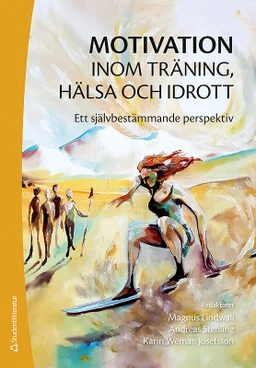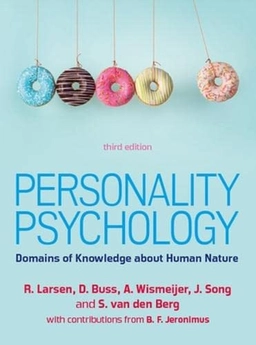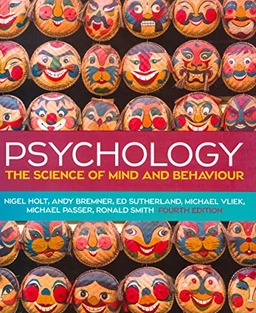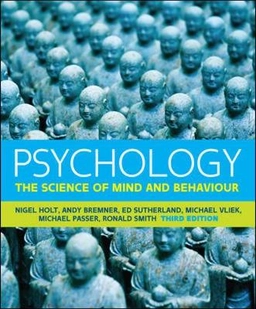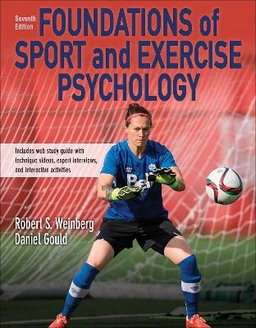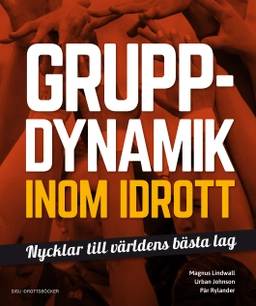Social psychology in sport has grown impressively in the last decade, but no single text has addressed all the important topics in the field—until now. Through the contributions of an international group of established scholars and creative young minds, Social Psychology in Sport offers readers a global perspective, a broad base of knowledge, and the latest thinking on topics such as social relationships, communication, coach leadership, team cohesion, motivation and motivational climate, audience effects, and morality.
This text allows readers to gain insight into the interactions and dynamics that affect sport performance and the sport experience for youth and adults. Using the latest research in the field, Social Psychology in Sport
-provides a complete and current analysis of the field, exploring the social aspects of interactions, relationships, influences, and perceptions;
-addresses a broad range of topics from theoretical, empirical, and applied perspectives;
-delves into established areas of interest such as group dynamics and coach–athlete and peer relationships; and
-dissects emerging topics such as relational efficacy, passion, and cross-cultural issues.
The book is designed to allow readers to study issues in isolation or as part of a course or a module. The five main parts are Relationships in Sport, Coach Leadership and Group Dynamics, Motivational Climate, Key Social and Cognitive Processes in Sport, and The Athlete in the Wider Sport Environment. Each chapter is cross-referenced and provides a clear description of the topic and a concise theoretical overview along with a discussion of existing research. The chapters also introduce new research ideas, suggest practical research applications, and conclude with summaries and questions to help instructors engage the class in discussion and to help students follow the key points.
By following a progression of theory, research, and application, Social Psychology in Sport offers a framework that other sport psychology books often don't provide. With this approach, readers can appreciate the historical context of social psychology topics while also studying new, exciting, and developing social psychological questions.
Through the applicable nature of the research, Social Psychology in Sport will fuel more research interest, ensuring that the recent growth in the field continues well into the future. As such, this text should be of great interest to students in upper-undergraduate and graduate courses and to researchers interested in the psychosocial aspects of sport. It is an ideal book for social psychology of sport and physical activity courses as well as courses in the psychology of coaching, sport psychology, and sport sociology.
Åtkomstkoder och digitalt tilläggsmaterial garanteras inte med begagnade böcker




